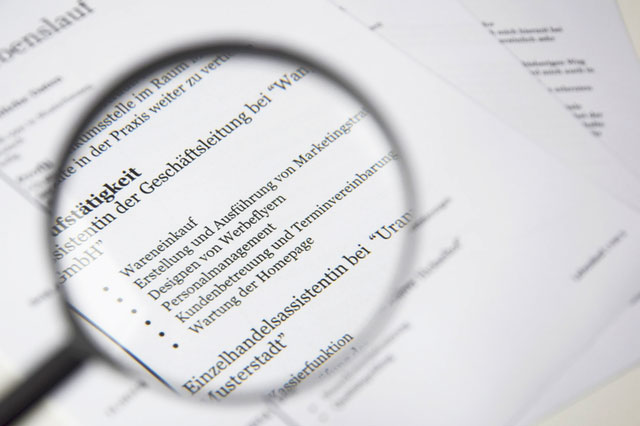Are you qualified for the job? Great! But, almost everyone else in that stack is too. Let’s discuss what interviewers are really interested in: your ability to work well with those around you.
This ability to peacefully interact with your fellow human beings is a valuable one. A recent poll conducted by The Wall Street Journal found that 92% of executives valued Soft Skills greater or equal to Technical (Hard) Skills, and 89% reported that they have a difficult time finding candidates with these valued traits.
People Skills + Social Skills + Personal Career Skills = SOFT SKILLS
People Skills, or how you interact with people, are attributes like listening, communicating, empathizing, and collaborating. Whether you like human interaction or not, being friendly, polite, respectful, patient, and having an appropriate (professional/PG-rated) sense of humor are extremely valuable professional currency.
“An ounce of people sensitivity is worth a pound of cure when it comes to daily human interaction and mitigating conflict. By developing these skills, you’ll reduce bad behavior in the office, and your positive approach will be contagious. Wise managers know that they need a team with strong people skills.” – Lynn Taylor, national workplace expert and author
People Skills Checklist:
- Strong Communication
- Patience
- Active Listening
- Flexibility
- Emotional Intelligence
Social Skills, or how you handle interactions, are things like word choice & tone, body language & gestures, professional poise & appearance, and your ability to manage conflict. How you respond to social situations, both verbally and non-verbally, should not be a surprise to you.
Make sure you are capable of using your thought-to-speech filter as well as controlling your facial expressions and body posture. Watch out for the accidental eye roll, slumping shoulders, and creating barriers, like crossing your arms.
Also, your appearance matters; handle your hygiene and dress well. Finally, being able to diffuse conflict is extremely valuable. Be the water, not the fire.
Social Skills Checklist:
- Cooperative
- Respectful
- Positive
- Professional Demeanor
- Negotiation skills
Personal Career Skills, or how you manage yourself, are traits like confidence, discipline, and time-management. These are probably the most common Soft Skills found on job postings.
Use the information found on the posting to focus your strengths toward what the employer is looking for.
Also, be aware of your weaknesses in this regard. Do not mislead a potential employer about your skills, or it could result in negative consequences.
If you are weak in a particular area, you can always use this in an interview as an area of future improvement.
Knowing your weaknesses can show employers that you’ve spent time reflecting on your professional growth, and can lead you to have more confidence.
“Many interviewers ask the weakness question — in all industries, at all levels. They ask it because they want to get a sense of the real you. They know that every candidate comes with strengths and weaknesses and they want to know yours.”
–Pamela Skillings, HOW TO ANSWER: What are your weaknesses?
Personal Skills Checklist:
- Responsible
- Calm under Stress
- Able to Give/Receive Criticism
- Confident
- Self-motivated
With any and all of your skills, make sure you can back them up. Have appropriate stories and examples regarding specific skills, especially ones mentioned in the job posting.
Your ego should be left out of it; employers like to hear ‘we’ instead of ‘I’, ‘me’, and ‘my.’ This shows you are more of a team player, and solidifies your competence in social interaction.
Soft Skills are all too often neglected by job seekers and training departments alike, but they are essential to your career success. Focus on your strengths, actively work to improve your weaknesses, and be prepared with evidence for both.
Use Soft Skills as your competitive edge against the stack of other qualified resumes that only state, ‘I am qualified for the job.’
